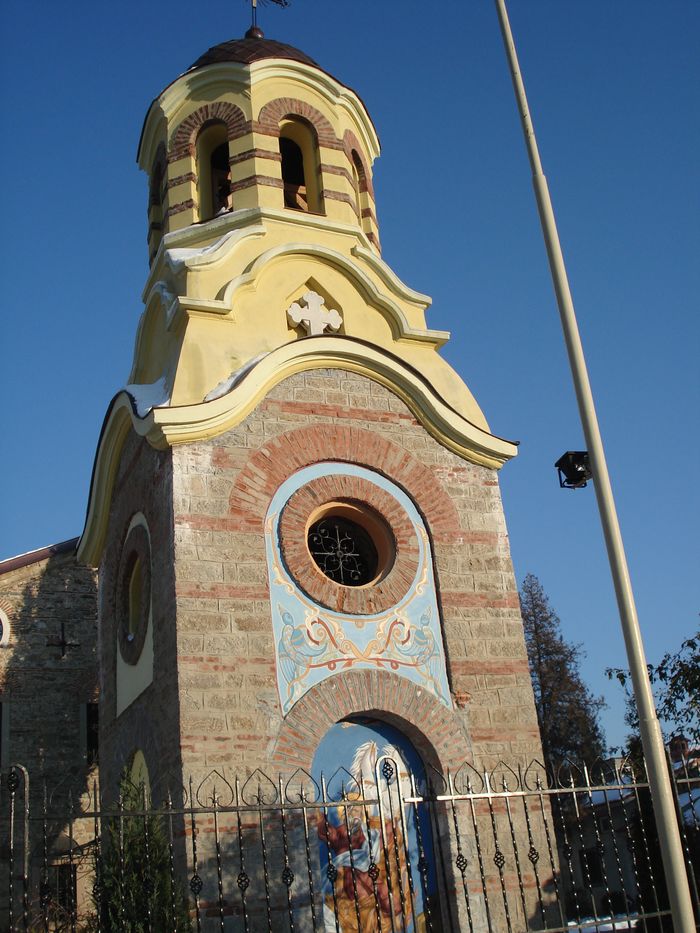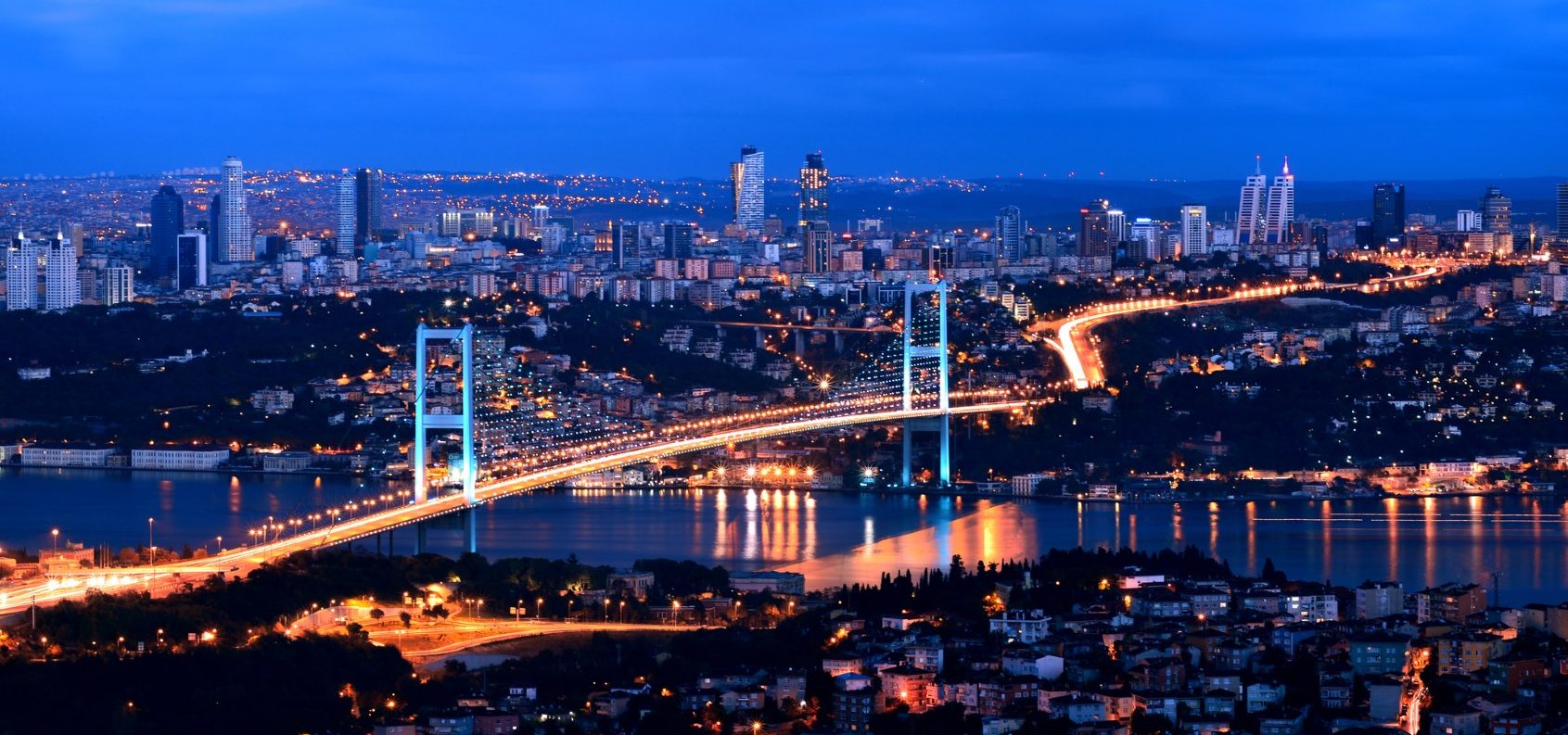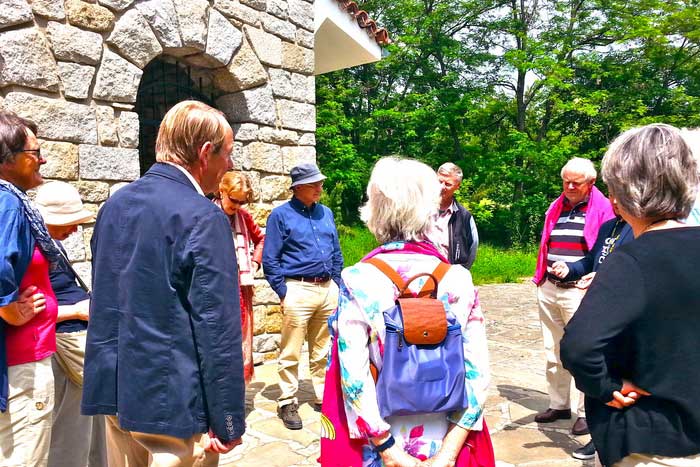That caused two problems, which are significant from the point of view of the analysis of a civilization. The first one is related to the so-called nomadism. The term is widely and extensively exploited and, regardless of the permanent will to seek “classes and subclasses” in it, it remains the established idiom, meaning wanderer and even itinerant. “Horseback peoples” and particularly those who took part in the Great Migration of Peoples after the 3 – 4 centuries are usually related to the Huns of the “Scourge of God”, Attila, and are seen as a destructive force. That grand ethnic-demo- graphic and economic migration, which continued until the 6th-8th centuries, did not cause only trouble. It resulted in the formation of many state organisations and unveiled the prospect of a new historical epoch, the Middle Ages.
Ethnic communities
Also, “nomadic” has a different meaning in the terminological instruments of historical science because of the Old Greek meaning of the verb and the verbal nouns and neologisms formed from it. Nomads are those who get hold of space and civilise it by dividing it “between men and gods”, i.e. by creating settlements and holy sites. Such an approach to nomadism does not imply social-economic relations between and within ethnic communities, based on the “gifts of nature” and sought in the incessant movement across the open steppe. In fact, that was a hierarchical state structure of a centralized type. In Antiquity and the Early Middle Ages, only such states were stable and developing thanks to the horseback aristocracy and its power over the different categories of middle class and lower class citizens. The early states of the Arabs and the German peoples in Northern and Central Europe were of that type.
The second problem, caused by the skill of the Bulgarians to create urban settlements within the state borders, relates to statehood itself. Statehood is a realized historical task and a constantly reproducing mission to organise a society. In the histoly of the Bulgarians, it can be traced till the end of the second millennium. We do not mean resemblance to the constantly originating new state structures. We do not mean the reconstruction of the Asparuh`s state after the Byzantine and after the Turkish rule, either. Statehood is powerful even when the state is overpowered. Because of that the kingdoms of Bulgaria keep re- emerging in the histoiy of the Bulgarians. Furthermore, in it there is a “state of the spirit” alive in periods of upsurge (9th- 10th centuries) and also in periods of decline (14th-19th centuries).
Read More about Second Battle with Heresy part 6








